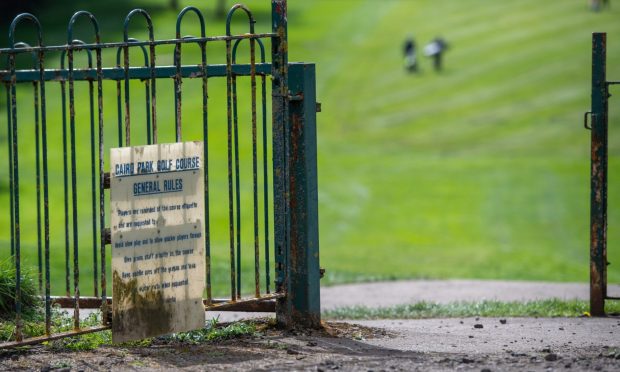The Scottish Government has been accused of presiding over a “soft-touch” justice system after new figures revealed a huge drop in the number of fines issued for anti-social behaviour.
Fines have also decreased significantly in Tayside and Fife, with Tayside handing out 1412 less fines since 2014/14.
Police in Scotland have the power to issue on-the-spot fines called fixed Penalty Notices (FPNs) for low level anti-social behaviour.
These include offences such as “riotous behaviour” while drunk in a licensed premises, urinating or defecating in public, vandalism and being drunk and incapable.
Police Scotland said the drop is because officers can now issue formal warnings which offer a more “proportionate” response to low-level offending and allow for greater discretion from police officers.
Figures obtained under Freedom of Information legislation revealed since 2013/14 the number of fixed penalties issued annually has fallen by almost three-quarters.
In 2013/14 police across Scotland handed out 55,670 fines but has been decreasing each year since to just 15,508 in 2016/17.
There were 712 FPNs handed out in Tayside in 2016/17, down from 2,124 in 2013/14.
Police in Fife issued 1,385 fines in 2013/14 in 2013/14 but this dropped to 237 in 2016/17.
Scottish Conservative shadow justice secretary Liam Kerr said: “If these figures are falling because of a huge improvement in crime levels and a reduction in anti-social behaviour, then that would of course be welcome.
“But people will be more suspicious than that.
“On the ground, the public rarely report that they perceive crime falling in their communities, and other indicators don’t tie in with this reduction in penalties.
“The SNP is keen to empty jails, and its soft-touch approach means police have to be more reliant on punishments like these.
“So if they’re dropping too, people will rightly question what on earth is actually being done to tackle and punish the anti-social behaviour that makes life miserable for so many people and communities in Scotland.”
Superintendent Andrew Allan of Police Scotland’s Criminal Justice Division, said officers now issue Recorded Police Warnings in many cases where fixed penalties would have been issued.
Record Police Warnings replaced Formal Adult Warnings and are used as an alternative to prosecution.
These are recorded on the Criminal History System for a period of two years so can be taken into account should the offender come to the further notice of the police.
Superintendent Allan said: “The use of Recorded Police Warnings covers a wider range of offences than previous Formal Adult Warnings.
“In replacing Formal Adult Warnings they have added to options for officers in dealing with offences that would have been dealt with by Anti-Social Behaviour Fixed Penalty Tickets, and reduced the number of offences that require to be reported to the Procurator Fiscal.
“This has been a positive step forwards for officer discretion and delivering a proportionate outcome and means of addressing offending.
“Recorded Police Warnings are now being issued in some cases where a anti-social behaviour fixed penalties would previously have been done so, but not exclusively.”
A Scottish Government spokesperson said: “Issuing of fixed penalty notices is an operational matter for Police Scotland. The Scottish Government has provided a framework to help local authorities tackle antisocial behaviour.”










